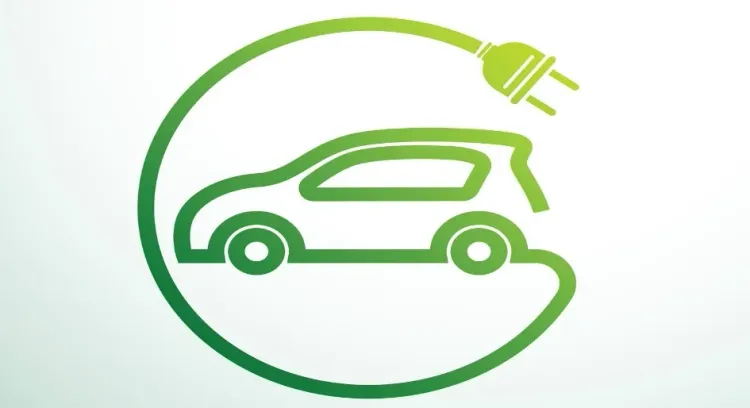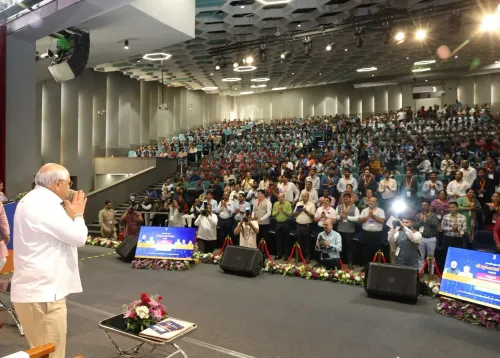What Are the 7 Projects Selected by ANRF to Innovate India’s EV Ecosystem?

Synopsis
Key Takeaways
- Seven e-nodes have been selected to support innovation in India's EV ecosystem.
- The initiative aims to tackle significant challenges in the electric vehicle sector.
- Collaboration among academic institutions and industry is emphasized for successful project execution.
- 227 proposals were received, showcasing widespread enthusiasm.
- Future initiatives include support for startups and research infrastructure.
New Delhi, May 5 (NationPress) The Anusandhan National Research Foundation (ANRF) has revealed its selection of seven e-nodes (high-impact projects) to be supported under the 'Mission for Advancement of High-impact Areas on Electric Vehicles' (MAHA-EV) on Monday.
The chosen e-nodes under the ANRF’s MAHA-EV initiative include: Indian Institute of Technology Bombay; International Advanced Research Centre for Powder Metallurgy and New Materials Hyderabad; National Institute of Technology Surathkal; Indian Institute of Technology Kanpur; Indian Institute of Technology-BHU; CSIR- Central Electronics Engineering Research Institute, Pilani; and Indian Institute of Technology Kharagpur.
This initiative, launched as part of ANRF’s national mission, seeks to tackle significant challenges and foster innovation within India's electric vehicle landscape.
As per the Ministry of Science and Technology, the ANRF MAHA-EV call for proposals emphasized three strategically defined Technological Verticals (TV): Tropical EV Battery and Battery Cells (TV-I), Power Electronics, Machines and Drives (PEMD) (TV-II), and EV Charging Infrastructure (TV-III).
Each selected e-node will operate in a consortium model, involving academic institutions and R&D laboratories, with essential participation from industry to foster and establish R&D in the nation’s EV sector.
The call for proposals generated significant interest, receiving 227 applications from academic institutions, R&D laboratories, and the industrial sector.
Among the selected e-nodes, two will concentrate on Tropical EV batteries and Cell technologies (TV-I), three will focus on power electronics machines and drives (TV-II), while the last two e-nodes will target charging infrastructure, according to ministry officials.
The MAHA-EV Mission aims to propel India’s leadership in next-generation electric mobility solutions, aligning with the objectives of sustainability, innovation, and self-reliance.
Additionally, ANRF is planning to launch a “Small Business Deep Tech Innovation” program inspired by global best practices to aid startups and MSMEs in scaling technologies for practical applications.
Furthermore, to enhance national research infrastructure, ANRF will introduce a “Cloud of Research and Innovation Infrastructure”, enabling deep-tech startups and institutions to access underutilized equipment nationwide.
Another significant initiative by the foundation is the ‘AI-for-Science’ project, which aims to utilize AI to model scientific equations in physics, chemistry, and biology — a breakthrough expected to significantly reduce the time from theory to practice in essential scientific fields.










